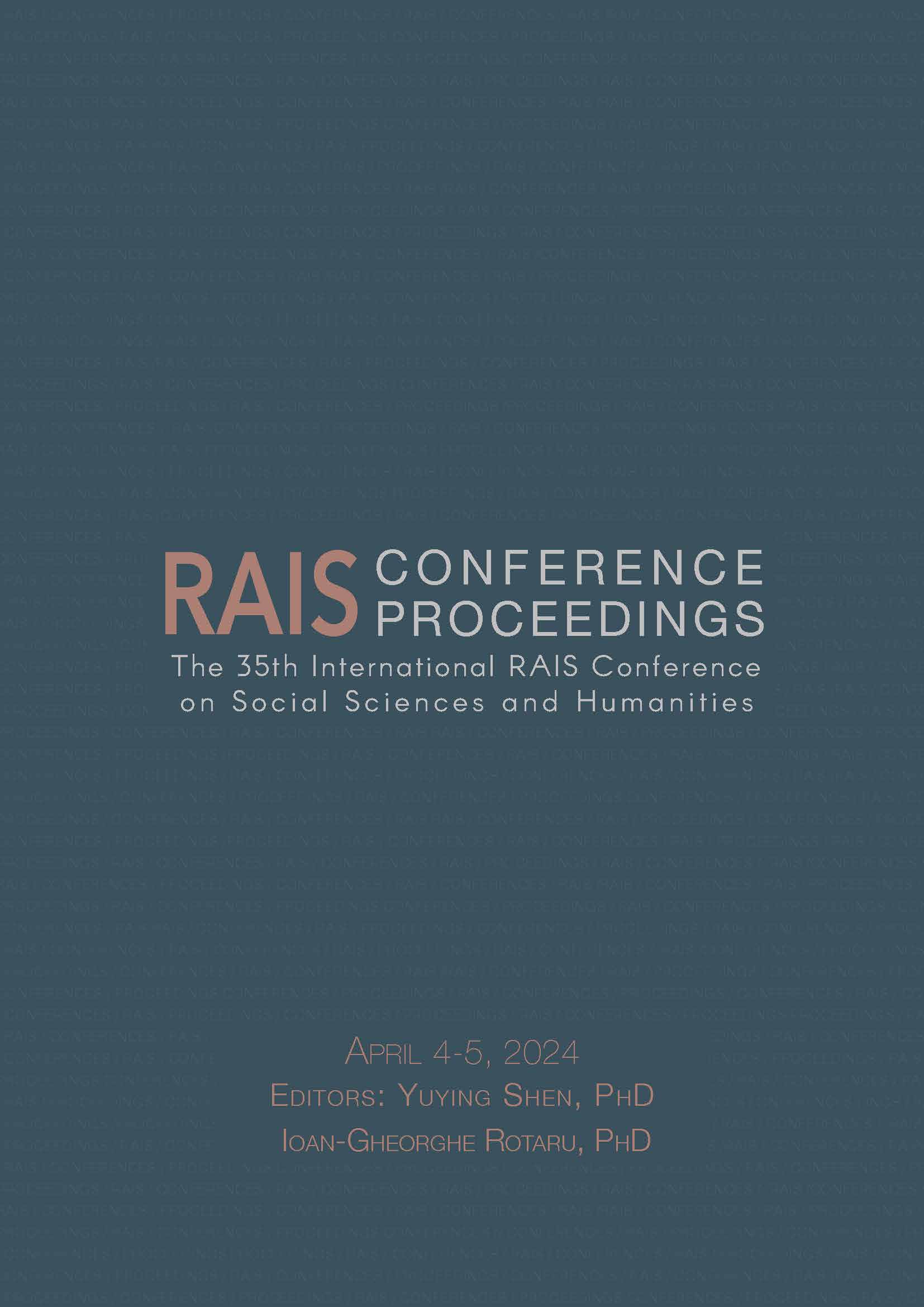The Tragedy of the Common Space: On the Law & Economics of Commercialized Space Travel
The Tragedy of the Common Space: On the Law & Economics of Commercialized Space Travel
Author(s): Julia M. Puaschunder
Subject(s): Business Economy / Management, Environmental and Energy policy, International relations/trade, Law on Economics, Transport / Logistics
Published by: Scientia Moralitas Research Institute
Keywords: behavioral economics; commercialization; commercialized space travel; common goods; cost-benefit analysis; discounting; law & economics; Liability Convention; Moon treaty; outer space;
Summary/Abstract: Space travel has a long history throughout the 20th century. Outer space exploration started with governmental endeavors in the 1950s and 1960s. During the Cold War era, the so-called ‘space-race’ between the United States and the former Soviet Union led to major direct discoveries and accomplishments in outer space but also entailed indirect positive effects on the economy and society. Through the turn of the millennium, a new phenomenon started with a shift of former governmental space travel to offering private space experiences. In the most recent years, there has been a rapid advent of commercialized space travel options, which are expected to rise in scale and scope in the future. Privatized space travel has many short-term, medium-term and long-term advantages ranging from innovation sparking economic growth, first-mover advantages as well as leadership establishment. Conquering outer space on private sector tickets, however, may also entail various costs, risks and disadvantages that may or may not be obviously noticeable. For instance, in the short-term horizon, space travel is still a highly risky activity that can lead to fatal accidents and serious long-term health impairments. In the medium-term, space contamination and pollution have been reported as worrisome developments, which will exacerbate if space travel becomes commercialized and affordable to the global masses. The commercialization of space travel is also a legal and regulatory lacuna that bears risks of unforeseen political tensions, environmental degradation and human-ecosystem unbalancing. This article strives to inform a broad range of space travel stakeholders – like politicians, regulators, global governance executives but also non-governmental, private sector actors – about potential opportunities as well as risks of commercialized space travel. The article is organized as follows: An introduction will briefly touch on the historical advent and preliminary attempts to regulate and control space travel as well as economic problems arising to classify space as a common good. The theoretical part will give a snapshot of the history of space law from an international law perspective with reference to similar cases, such as the law of the sea. The empirical analysis will offer a first attempt to conduct a law & economics cost-benefit analysis with discounting different time perspectives for space travel benefits and costs. The discussion closes with a prospect of future research opportunities on the law and economics of commercialized space travel.
Book: Proceedings of the 35th International RAIS Conference on Social Sciences and Humanities
- Page Range: 55-60
- Page Count: 6
- Publication Year: 2024
- Language: English
- Content File-PDF

